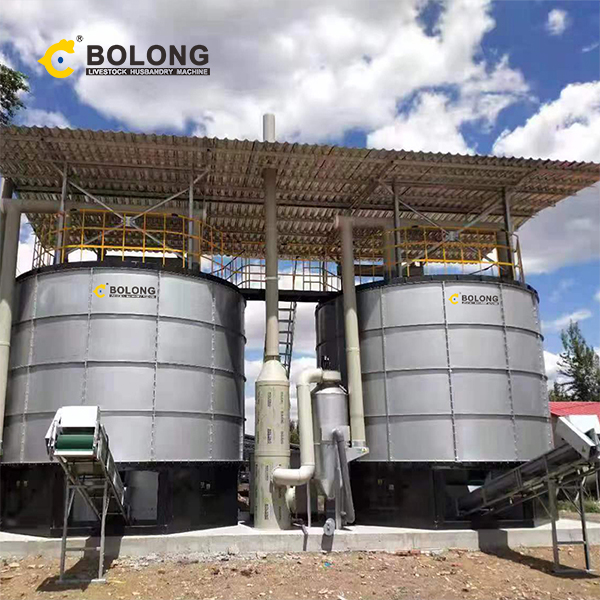Introduction: Reducing antibiotic use in livestock farming is crucial for public health and sustainable agriculture. Livestock fermentation tanks play a role in this effort by promoting healthier animal environments. This article explores how fermentation tanks contribute to reducing antibiotic use.

Healthier Manure Management: Fermentation tanks create an environment that reduces the proliferation of harmful bacteria in manure. This leads to healthier living conditions for livestock, reducing the need for antibiotics to prevent disease.
Enhanced Nutrient Recycling: The compost produced by fermentation tanks is rich in nutrients and beneficial microbes, which support animal health and immunity. Healthier livestock require fewer antibiotics, promoting overall farm sustainability.
Reduced Disease Incidence: By improving manure management and reducing pathogen levels, fermentation tanks help lower the incidence of disease outbreaks on farms. This, in turn, reduces the reliance on antibiotics for disease control.
Case Study: A pig farm introduced fermentation tanks to manage manure and saw a 40% reduction in antibiotic use over two years. Improved animal health and reduced disease incidence contributed to this significant decrease.

Conclusion: Livestock fermentation tanks support the reduction of antibiotic use by promoting healthier farm environments and reducing disease incidence. This contributes to more sustainable and responsible livestock farming practices.